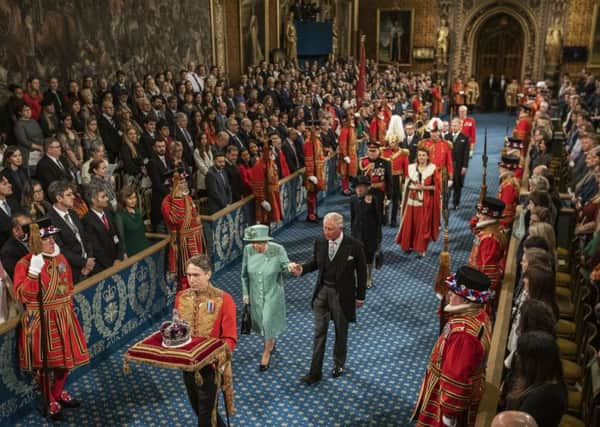Could House of Lords be replaced by elected UK Senate based in Scotland? – Murdo Fraser


The suggestion made at the weekend that the House of Lords could be relocated to a new site in York is a proposal which is both exciting and innovative, and demonstrates that we have a Conservative Government in Westminster prepared to think radically about our constitutional structures.
York, the ancient capital of the North of England, is one of my favourite cities, well served by transport links, and would make an ideal base for the UK’s second chamber. Relocating the Lords would, as the Conservative Party chairman James Cleverly suggested at the weekend, help address concerns that government in the UK is too London-centric.
Advertisement
Hide AdAdvertisement
Hide AdThat said, it would, in my view, make little sense to build a new, modern home for the Upper House, simply to relocate the existing Lords in its unreformed state. There is a political consensus that the House of Lords as it exists has substantial flaws: with more than 800 members it is far too large; its unelected members have no democratic mandate; and the constituent parts of the United Kingdom are not adequately represented. My preference has long been for replacing the existing Lords with a new Senate, providing appropriate representation for all parts of the country, and being predominantly, if not entirely, directly elected.
This is a reform that needs to happen whether or not there is a physical relocation the Upper House from Westminster, but the symbolism of a change of location to the North of England, or possibly even to Scotland, would surely require structural reforms in parallel.
What I find most encouraging about this debate is that we have a Conservative Government now prepared to think radically about the need for constitutional reform. These are never easy issues to address, but perhaps with Brexit now, finally, being progressed, we will see some bandwidth within Government to start tackling these other issues which have lain unaddressed for too long.
Murdo Fraser is a Scottish Conservative MSP for Mid Scotland and Fife